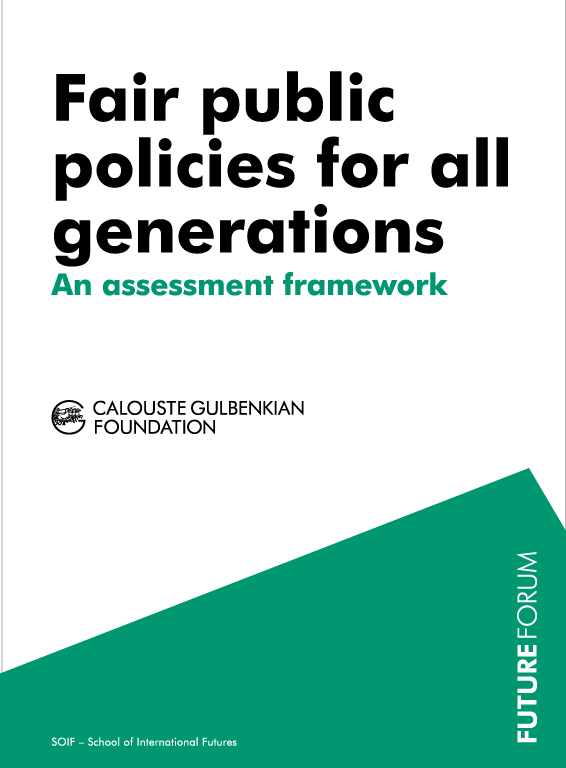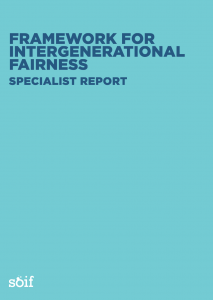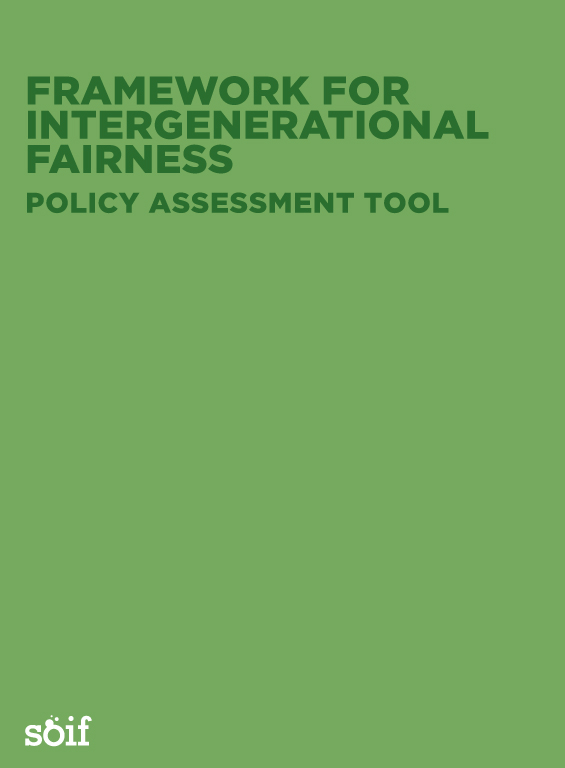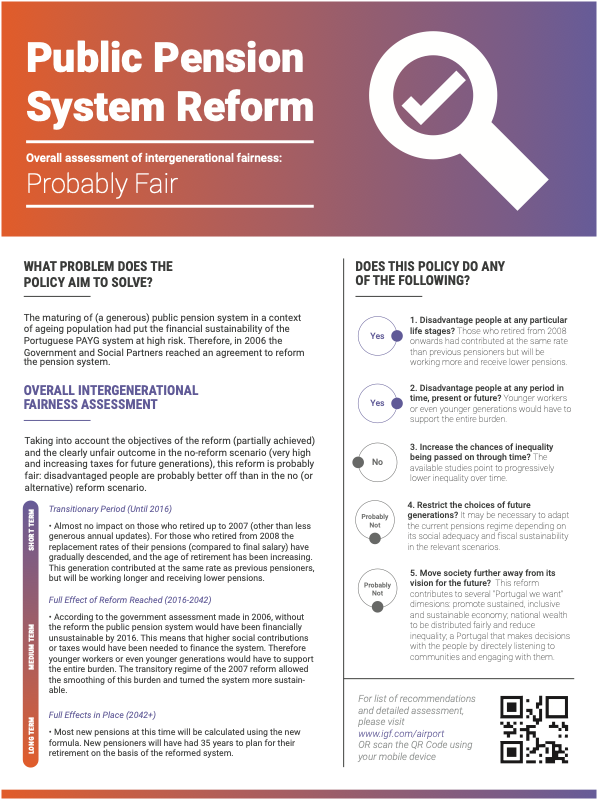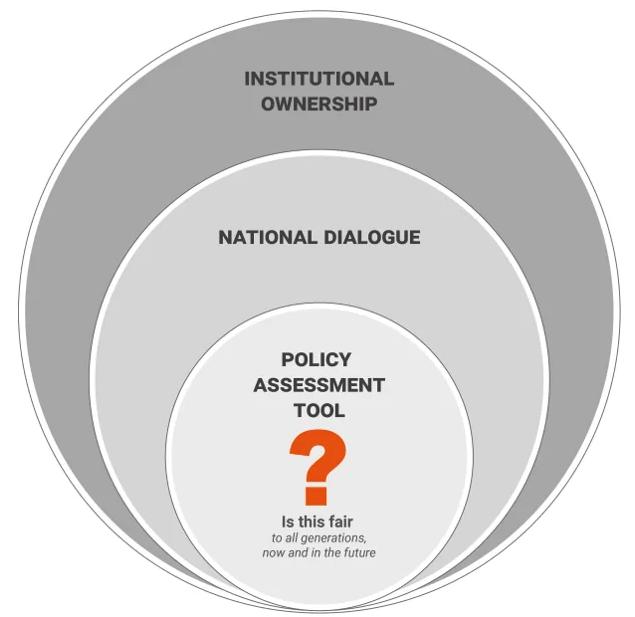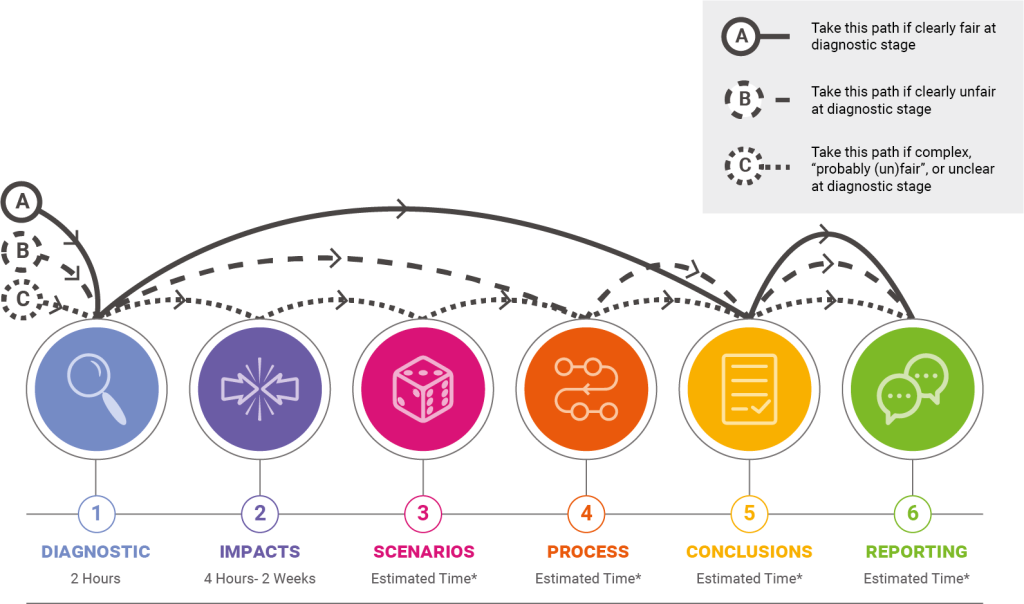Making the European Green Deal fairer
We are excited to launch the publication of Building a Coalition for Intergenerational Fairness in the European Green Deal – a policy brief about building intergenerational solidarity around the Green Deal and the climate transition. We worked in close collaboration with the Open Society European Policy Institute and we appreciate the contribution of everyone who participated in the roundtable meetings and interviews.
Read more →
